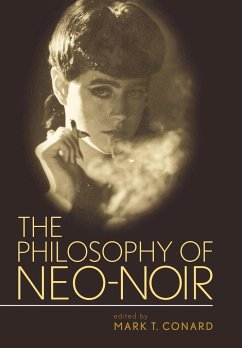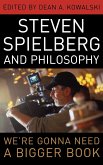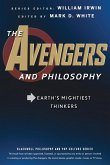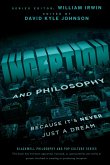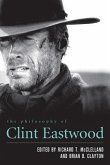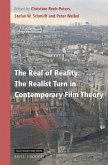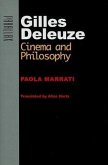Film noir?a cycle of American films from the 1940s and 50s?is characterized not only by a constant opposition of light and shadow and a disruptive compositional balance of frames and scenes, but also by dark, foreboding characters and plots and an overriding sense of alienation and moral ambiguity. Noir films reflect the sense of loss, fragmentation, and nihilism at the heart of the human condition in the twentieth century. Although the classic film noir period ended in the late 1950s, its impact on more contemporary films has been profound. While typically not black and white, these new films incorporate the noir sensibility of alienation, pessimism, moral ambivalence, and disorientation. This sensibility is obvious in films such as Blade Runner, Reservoir Dogs, Chinatown, and Memento, among others. Until now, little scholarly attention has been paid to the unique philosophical conventions of the widely popular neo-noir genre. In The Philosophy of Neo-Noir, editor Mark T. Conard and other contributors explore the philosophical foundations of neo-noir, using the films to discuss and explain traditional philosophical ideas as well. Some of the themes and topics covered include justice and moral corruption; problems of memory and identity; human nature, space, time, and subjectivity; crime and punishment; pain and redemption; and spiritual transcendence. Conard argues that neo-noir films have benefited as censorship has relaxed, giving current filmmakers a rich noir tradition from which to draw.
Hinweis: Dieser Artikel kann nur an eine deutsche Lieferadresse ausgeliefert werden.
Hinweis: Dieser Artikel kann nur an eine deutsche Lieferadresse ausgeliefert werden.

